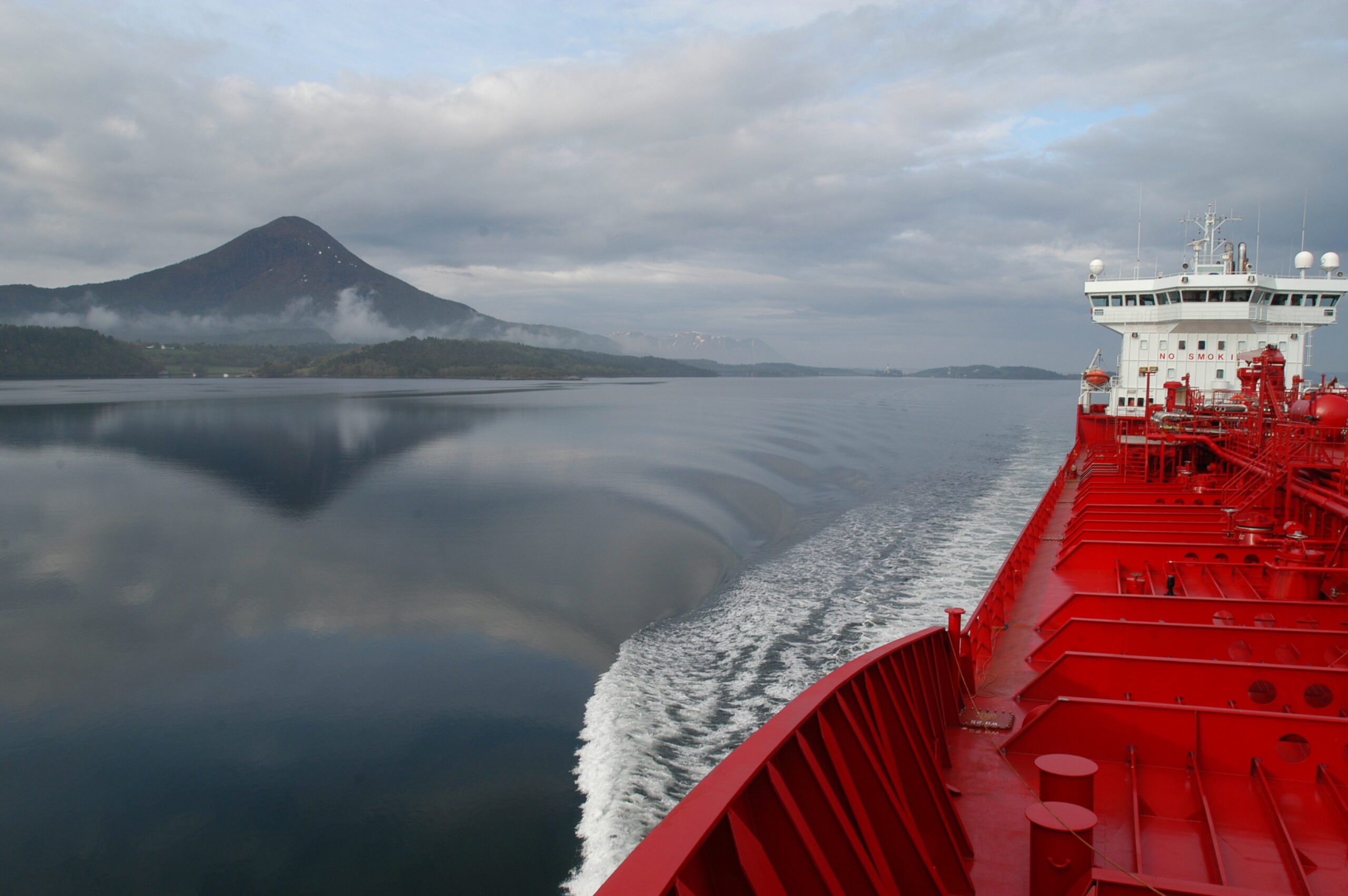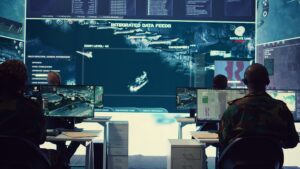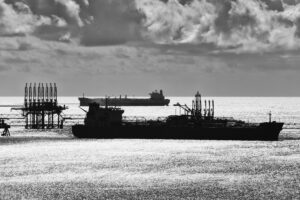Polish Prime Minister Donald Tusk warned on Thursday that the Baltic is becoming a “new arena of confrontation,” demanding constant readiness and further investment in regional and critical infrastructure security.
“We didn’t need to use these measures yesterday, but let’s not kid ourselves-there’s no room for illusions or denial of facts. The Baltic may soon become, like Poland’s eastern border, a site of permanent confrontation-hybrid, though it’s no longer purely hybrid,” said Tusk.
His warning comes after Polish authorities said a tanker listed as part of the “shadow fleet” was performing “suspicious maneuvers” on May 20 near the energy cable connecting Poland with Sweden.
This occurred outside of Polish territorial waters. After the Polish military intervention, the ship in question changed course from Tallinn to a Russian port, and damage to the power cable connecting Poland and Sweden was averted, they said.
The operational commander of the armed forces ordered a patrol flight upon identifying the vessel.
“The deterrence was effective-the ship withdrew,” the authorities noted.
The situation continues to be monitored in cooperation with the ministry of national defense, whilst investigations are underway to determine whether explosive devices were planted.
Tusk and deputy minister of national defense Cezary Tomczyk took part in an urgent briefing with the Navy command at the Maritime Operations Center in Gdynia. This was in response to “disturbing activities by the so-called shadow fleet in the Baltic Sea,” as the Polish government said in its announcement.
Amid escalating tensions in the Baltic Sea, Prime Minister Donald Tusk met with the Navy command to discuss measures for protecting key maritime infrastructure.
“There have already been several serious incidents-damage to underwater infrastructure. These threats are not abstract. In the case of the shadow fleet, these are primarily Russian vessels, although sailing under various flags,” said Donald Tusk during the briefing at the Maritime Operations Center-Maritime Component Command in Gdynia.
“Not everyone realizes how often critical infrastructure objects-international ones lying on the Baltic seabed-are subject to sabotage or even terrorist acts. We’ve already seen actions that caused very serious damage,” Tusk added.
The prime minister also announced the purchase of drones and technical equipment for the navy to better protect the region.
“We’ve decided to immediately start the Navy’s procurement of drones and more advanced equipment. With drones, we’ll be able to effectively monitor what’s happening underwater on the water, and above it,” announced the prime minister.
Tusk emphasized that although the visit to Pomerania had been previously planned, it gained additional significance in the context of recent Baltic events.
During his visit, he toured Baltic Towers-a modern factory set to produce towers for offshore wind turbines. This coincidence ties into broader efforts for both security and regional development in the Baltic Sea area.
“This aligns with our broader effort-major investments both onshore and offshore. This includes not only wind power projects but also the nuclear power plant, which will be built primarily using maritime transport. We’re talking about offshore installations-large wind farms we will build in the Baltic. Not to mention classic underwater infrastructure: cables, gas pipelines,” Tusk noted.
As the prime minister stressed, further investments in protection systems and the daily work of soldiers and officers are critical.
The prime minister did not rule out the need for more decisive operational measures in the future as threats to critical infrastructure increase.



